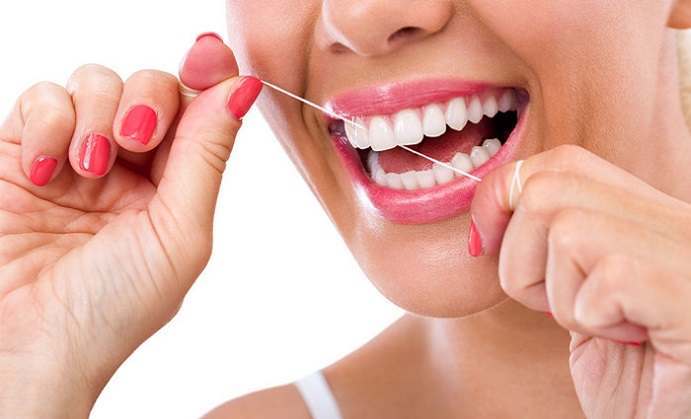There are few things more unpleasant and uncomfortable in social situations than talking to someone with bad breath. And if you suffer from chronic bad breath (halitosis) yourself, you already know how embarrassing it can be talking to other people who you know can smell it. For many people, grabbing a mint or a piece of gum is their go-to solution, as it quickly masks the problem. But this approach often fails to address the root causes of bad breath, which for many people includes dietary deficiency.
In about 90% of genuine halitosis cases, the origin of the odor is in the mouth itself. The intensity of bad breath may differ during the day, due to eating certain foods (such as garlic, onions, meat, fish, and cheese), smoking, and alcohol consumption. Since the mouth is exposed to less oxygen and is inactive during the night, the odor is usually worse upon awakening (“morning breath”). Bad breath may be transient, often disappearing following eating, drinking, tooth brushing, flossing, or rinsing with specialized mouthwash. Bad breath may also be persistent (chronic bad breath), which affects some 25% of the population in varying degrees
One of the common causes of halitosis is a deficiency in the mineral zinc, which helps maintain a clean, bacteria-free mouth. Some mouthwash products actually contain zinc as an active ingredient because the mineral is a known antimicrobial, and aids in the neutralization and elimination of harmful germs.
But supplementing with oral zinc and eating more zinc-rich foods like pumpkin and gourd seeds, cacao, and organ meats, for instance, might be an even better approach, as it can help address the problem systemically.
About zinc, the Mayo Clinic said, “Chewing gum containing zinc or rinsing out the mouth with a solution containing zinc seemed to reduce bad breath (halitosis) in early studies.” And the U.S. National Library of Medicine National Institutes of Health did a study on it and wrote: “Chewing gum containing zinc acetate and magnoliabark extract can significantly reduce the oral VSC levels for more than one hour.”
 One should not only depend on zinc to solve the problem of bad breath but should also keep certain things in mind. Maintain proper oral hygiene that includes daily tongue cleaning, brushing, flossing, and periodic visits to dentists and hygienists. Flossing is particularly important in removing rotting food debris and bacterial plaque from between the teeth, especially at the gum line. Dentures should be properly cleaned and soaked overnight in antibacterial solution (unless otherwise advised by one’s dentist).
One should not only depend on zinc to solve the problem of bad breath but should also keep certain things in mind. Maintain proper oral hygiene that includes daily tongue cleaning, brushing, flossing, and periodic visits to dentists and hygienists. Flossing is particularly important in removing rotting food debris and bacterial plaque from between the teeth, especially at the gum line. Dentures should be properly cleaned and soaked overnight in antibacterial solution (unless otherwise advised by one’s dentist).
The most widely known reason to clean the tongue is for the control of bad breath. Methods used against bad breath, such as mints, mouth sprays, mouthwash or gum, may only temporarily mask the odors created by the bacteria on the tongue, but cannot cure bad breath because they do not remove the source of the bad breath. In order to prevent the production of the sulfur-containing compounds mentioned above, the bacteria on the tongue must be removed, as must the decaying food debris present on the rear areas of the tongue. Most people who clean their tongue use a tongue cleaner (tongue scraper), or a toothbrush.











